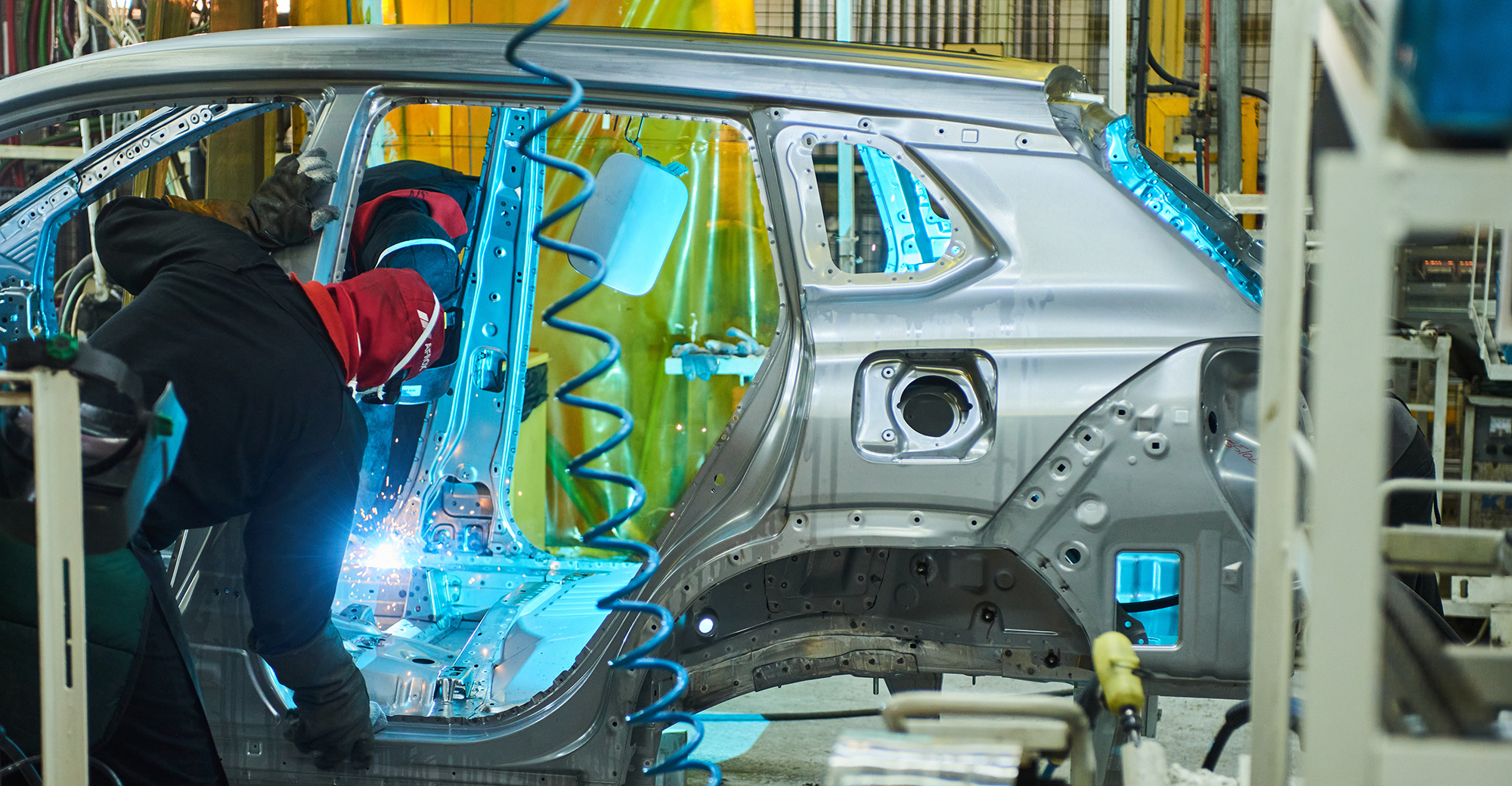South Africa’s National Development Plan has set an ambitious target of developing 30,000 artisans each year by 2030. And yet, the country is not making it easier for employers to produce artisans, or inspiring them to invest in skills development. This is causing South Africa to fall far short of the skilled artisans needed to compensate for workplace attrition, the lure of salaries paid in dollars, pounds or euros, and the promise of better working conditions abroad.
Not only is SA not developing enough artisans, but the Department of Higher Education is set to implement a new syllabus from 1 July which will be more onerous on apprentices and employers, who will be less encouraged to take on trainees.
The Retail Motor Industry Organisation (RMI) is concerned about the imminent transition to occupational qualifications for apprentice training in the motor industry.
It is also worried about the level of support for employers who have apprentices enrolled across the 13 trades, which include toolmaking and diagnostic specialists — highly sought-after skills internationally — fitters and turners, panel beaters and auto electricians.
The RMI represents 8,500 employer businesses in SA’s retail automotive aftermarket sector.
Skilled artisans are crucial for South Africa to address its infrastructure development, explains RMI national training director Louis van Huyssteen, but the country is “staring down the barrel of a gun”, over the imminent crisis in the motoring sector.
“At the moment, employers have some flexibility in terms of the delivery method they can use to train their apprentices. For example, motor mechanics have the meSetas competency-based modular training; a learnership where the apprentice will do an NQF level 2, 3 and 4, after which they will write a trade test; and then from 2017 the Department of Education and Training’s Centres of Specialisation project, at 19 TVET colleges.”
He said that while a smooth transition to occupational qualifications on 1 July is the ideal scenario, the RMI believes that the current time-based learnerships and competency-based delivery methods should remain in place during the phased implementation of the occupational qualifications over a period of at least 36 months.
If that does not happen, employers will be “between a rock and a hard place” from July, because they will no longer be able to offer rotational workplace training as before: all apprentices will have to be based at TVET and private colleges for the theory and practical components of their courses.
The rotation of apprentices in the occupational qualification delivery method between the training centre and the employer’s workplace is an important consideration for employers.
“I’m specifically concerned about our employees that are based in rural areas. Previously, they were able to utilise the competency-based modular training delivery method, so there was no need for apprentices to go to a classroom or training centres unless they wanted to send them for training elsewhere.”
There’s a cost factor to the training, which can be prohibitive for smaller outlying employers. Now, under the new system, all apprentices will have to be trained at colleges for a third of their time.
The aftermarket sector of the automotive industry produces about 3,000 artisans per year, although the forecasts are revealing declining numbers of artisans in the country, which is “scary”, Van Huyssteen said, as international employers are poaching skilled artisans with five years or more experience with offers of housing, relocation costs, and other perks.
The RMI has been involved in the department’s Centres of Specialisation project since 2017 and has played an integral role in successfully implementing occupational qualifications for automotive motor and diesel mechanics, one of the 13 priority trades.
But while the RMI believes that occupational qualifications can contribute to skills development in the motor industry, it is concerned about the potential negative impact on the country’s national artisan development target of 30,000 artisans a year. DM




 Workers weld an automobile chassis on the production line at the Toyota Motor manufacturing plant in Durban, South Africa, on 16 August 2022. (Photo: Waldo Swiegers / Bloomberg via Getty Images)
Workers weld an automobile chassis on the production line at the Toyota Motor manufacturing plant in Durban, South Africa, on 16 August 2022. (Photo: Waldo Swiegers / Bloomberg via Getty Images)